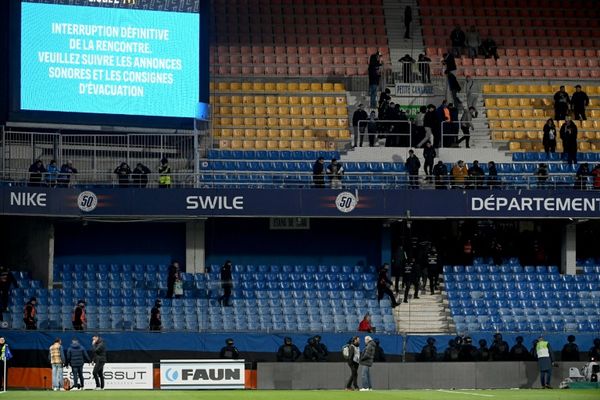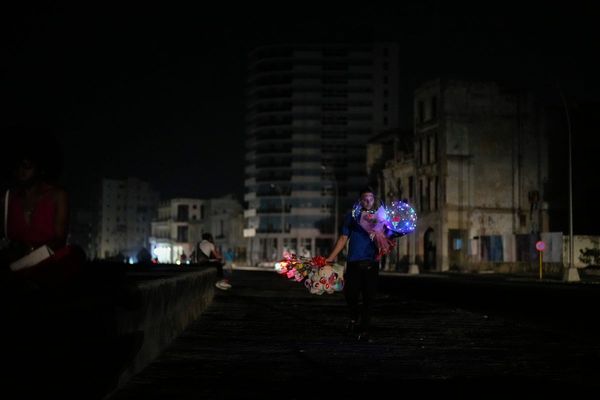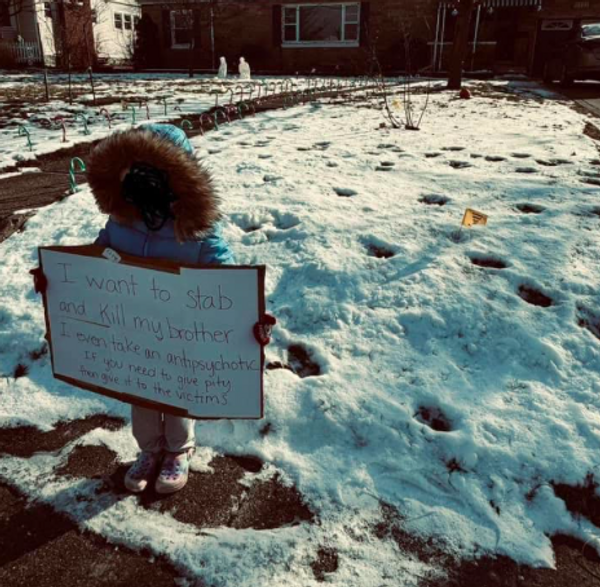
Support for the Indigenous voice has dipped in the Guardian Essential poll, although more Australians intend to vote yes than no even once undecided voters are removed.
Those are the results of the latest Essential poll of 1,125 voters, which found 47% of respondents in favour of the constitutional change, 43% opposed and 10% who said they were unsure.
Essential has changed its methodology since the June poll which found 60% in favour and 40% opposed to the voice. It now offers respondents the “unsure” option to make certain people who have yet to form a view are accurately reflected in the report.
Respondents were told “there will be a referendum held later this year on whether a voice to parliament for Aboriginal and Torres Strait Islander people should be enshrined in the constitution”, advised of the wording of the proposed question, then asked “do you approve this proposed alteration?”
The Essential poll found the yes vote had big leads in South Australia (49% yes to 38% no) and Victoria (48% yes and 39% no); and narrow leads in Western Australia (49% yes to 47% no) and New South Wales (45% yes to 44% no).
Queenslanders supported the no side by 50% to 42% for yes, with a further 8% unsure. The poll found the weakest demographics for the yes side were over-55s, just 34% of whom plan to vote yes, and Coalition voters (33% for yes).
The Essential poll, which had a larger sample of more than 2,000 for non-voice questions, also found voters continued to be concerned about cost of living.
The poll found 63% were either “really struggling” or finding it “a bit difficult” to afford food, while 64% felt the same about petrol.
Housing expenses, including paying rent or a mortgage, topped the list, with 71% of people finding it a bit difficult or really struggling to pay.
Some voters thought the government could do “a lot” (30%) or “a fair amount” (41%) for the cost of living.
Support for specific government interventions was still high despite declines since the questions were last asked in April:
73% wanted price caps for electricity and gas, down four points
65% wanted a reduction in fuel excise, down 12 points
61% wanted an increase in the minimum wage, down 12 points
55% wanted cheaper childcare, down 11 points; and
53% wanted an income tax cut, down seven points.
This shift was driven by an increasing proportion of respondents who said the measures “would make a difference but the government should not do” them.
Respondents were asked what they would do with the 2023 budget surplus of $19bn and were able to allocate any proportion between a set list of measures.
On average, respondents chose to spend almost a quarter (23%) on construction of social housing, although reducing the national debt (16%) and maintaining the surplus so as not to make inflation worse (10%) were together popular choices.
Other options were: a one-off tax cut (which received 14% on average), expanding Medicare to cover dental and mental health (13%), providing military support to Ukraine (9%), increasing jobseeker (8%) and investing in renewables and electric vehicle infrastructure (6%).
The Essential poll found Australians had relatively low civic engagement. Less than half (44%) said they feel connected with people in their neighbourhood.
Only about a third said they volunteer (35%) or are part of a sporting team, cultural or community group (32%), while one-fifth (20%) have attended a public meeting.
Asked about the recent controversy of the Australian men’s cricket team being accused of stumping a player out of his crease, 48% said Australia was “totally justified”, 27% said “I wouldn’t have done it but the English need to get over it”, while 9% said “same old Aussies – always cheating”. A further 16% said “what’s the Ashes”.







